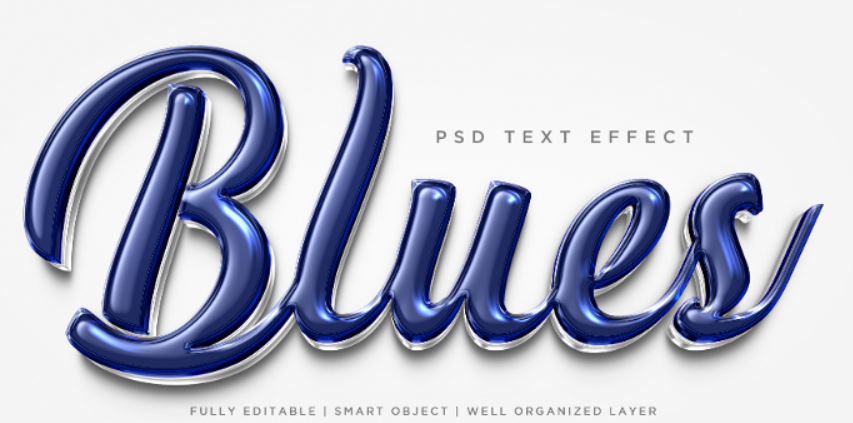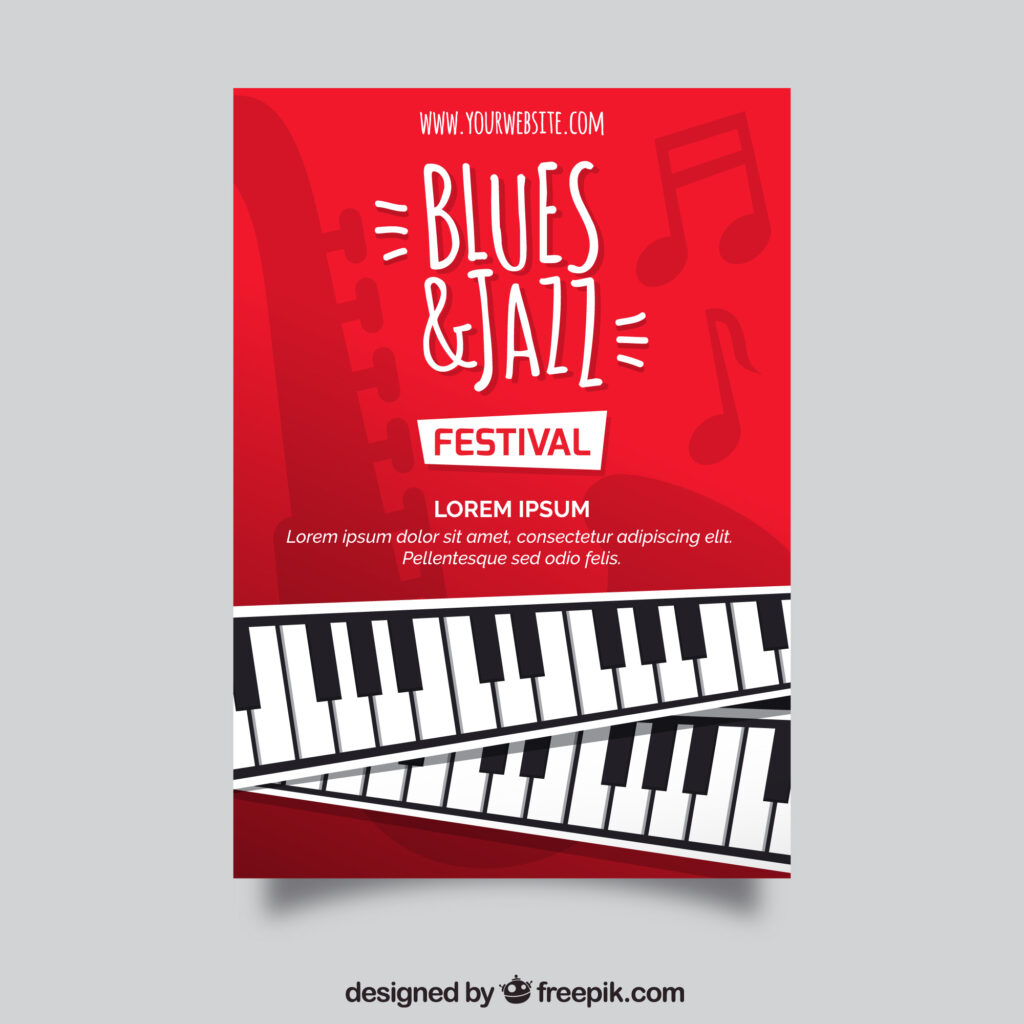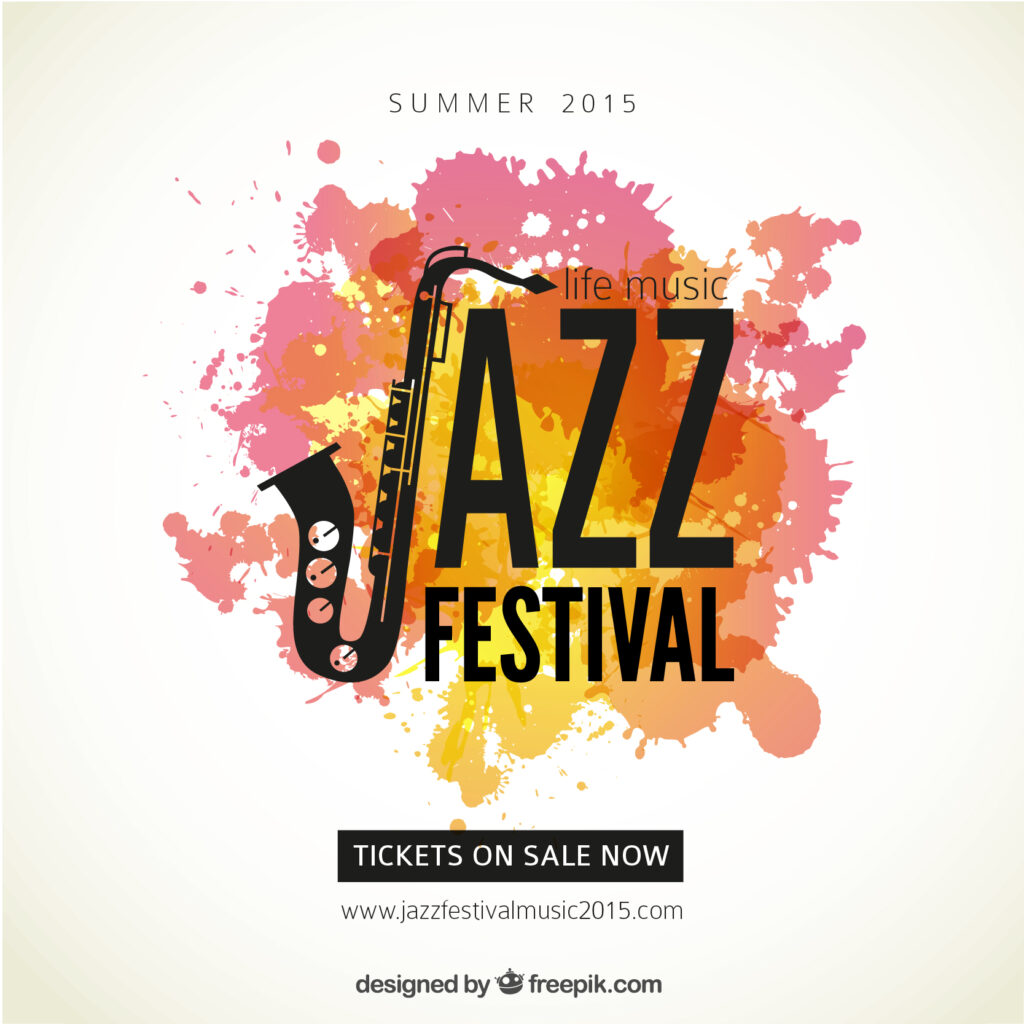The History of Blues

The blues is a musical genre that originated in the Southern United States in the late 19th and early 20th centuries. It was developed primarily by African American communities and was characterized by its use of the blues scale, its distinctive chord progressions, and its emphasis on personal expression and storytelling. The blues served as the foundation for many other musical genres, including jazz.

In the 1930s,
jazz blues became a distinct genre, characterized by its combination of blues progressions and melodies with jazz harmonies and improvisation. Jazz blues became popular in nightclubs and dance halls in cities such as New York and Chicago, and many of the biggest names in jazz, such as Duke Ellington and Louis Armstrong, began incorporating elements of jazz blues into their music.
In the 1940s,
jazz blues continued to evolve, with musicians experimenting with different styles and incorporating elements of bebop and swing. This period saw the emergence of jazz blues as a genre in its own right, with many musicians focusing exclusively on the style. Some of the most famous jazz blues musicians of the time include Duke Ellington, Count Basie, and Louis Armstrong.
In the 1950s,
the popularity of jazz blues declined as rock and roll and other musical genres gained popularity. However, jazz blues continued to be a popular genre among jazz musicians and aficionados, and many of the biggest names in jazz, such as B.B. King and Freddie King, continued to play and record jazz blues music.
In the 1960s and 1970s,
jazz blues experienced a resurgence in popularity, particularly among young musicians who were inspired by the music of the past. Many young musicians started to explore the genre, incorporating elements of funk, R&B, and hip-hop into their music. This period saw the emergence of many new jazz blues musicians, such as Eric Clapton and George Benson, who brought fresh energy and new ideas to the genre.

Today, jazz blues continues to evolve, with musicians incorporating elements of funk, R&B, and hip-hop into the genre. Jazz blues is still a popular genre among musicians and listeners, and many young musicians continue to explore and reinvigorate the style. 건강식품도매Despite its evolution, jazz blues remains true to its roots, incorporating the blues scale, chord progressions, and emphasis on personal expression that have characterized the genre since its inception.
